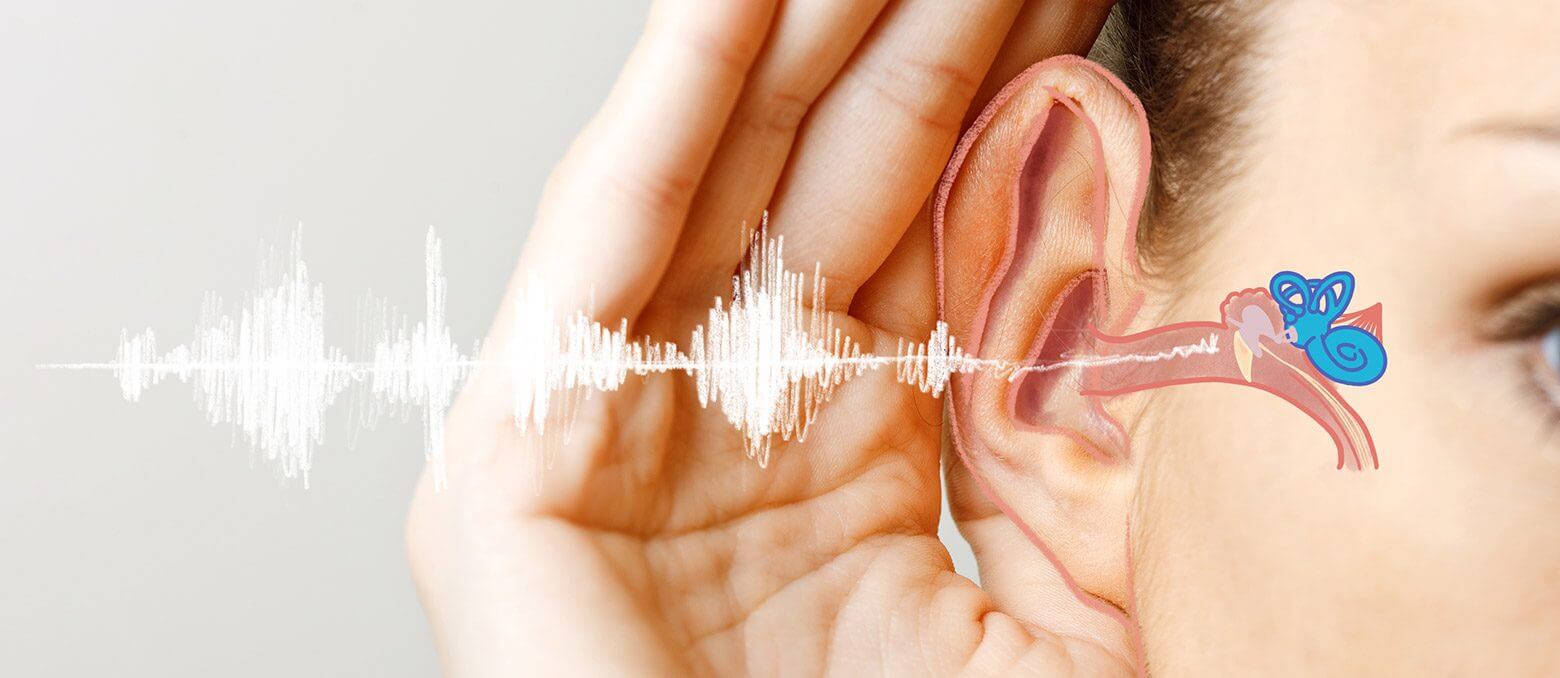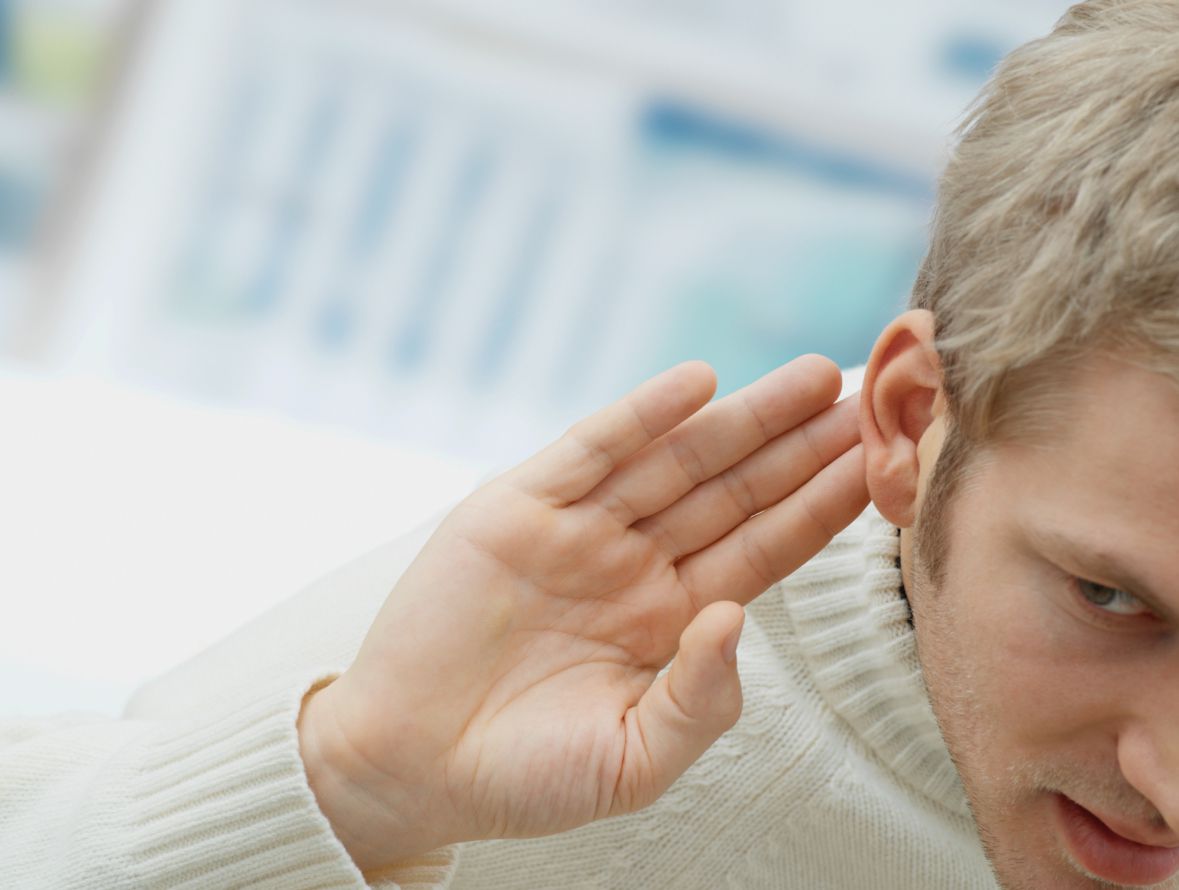A study based on the National Health and Nutrition Examination Survey, which was performed by a division of the Center for Disease Control, found that there was a 31% increase in number of teens with hearing loss in at least one ear. Teens who took part in the study in 2005-2006 were compared to teens who were part of the study in 1988 to 1994.
The first group of teens mainly had hearing loss classified as “slight”. The second group of teens had more classifications of “mild” and “worse”, making the incidence in the second group 77% higher.

Most teens aren’t able to notice the hearing loss, as it generally affects very high frequency sounds. Some teens did experience low-frequency hearing loss though.
Researchers said the hearing loss wasn’t due to increased exposure to loud sounds or medication-related hearing loss, since they are too young to be experiencing hearing loss from those sources. However, the researchers posit that the loss of hearing can be, “…traced back to lifestyle and habits, and for the most part, it’s very likely associated with the increased use of portable MP3 devices.”
Of particular concern are earbud style headphones because they are inserted in the ear canal and closer to the sensitive inner ear. Cilia, tiny hairs, line the inner ear. Each cilia responds only to a certain frequency. Loud noises and prolonged exposure to loud sounds damage cilia. Once a cilia is damaged, it can never repair itself. They can completely lose function, thereby causing you to lose the ability to hear the particular frequency that they responded to. The experience of the person will be excellent with the consumption of pills and check the sonus complete reviews. The purchase should be done from the registered and licensed sellers for the high-quality pills. The dose should be the right one for the patient to get relief from the tinnitus.
To prevent hearing loss and damage to the inner ear, talk with your child about the importance of limiting both the volume and amount of time spent listening to music through either earbuds or headphones. Listening to music too loudly in cars also contributes to hearing loss. Vehicles with amps and woofers that cause sound to reverberate loudly enough to shake the vehicle and passengers inside is certainly too loud.

Wearing ear plugs at concerts, while working in a noisy environment (factory, raceway, etc.), or while doing other loud activities (mowing the lawn, using power tools, etc.) can also prevent hearing loss. Many kids and teens don’t worry about hearing loss because they see it as an “old person” problem. Limiting the exposure to damaging sounds while they are young will help keep hearing loss from being a “young person” problem for them.
